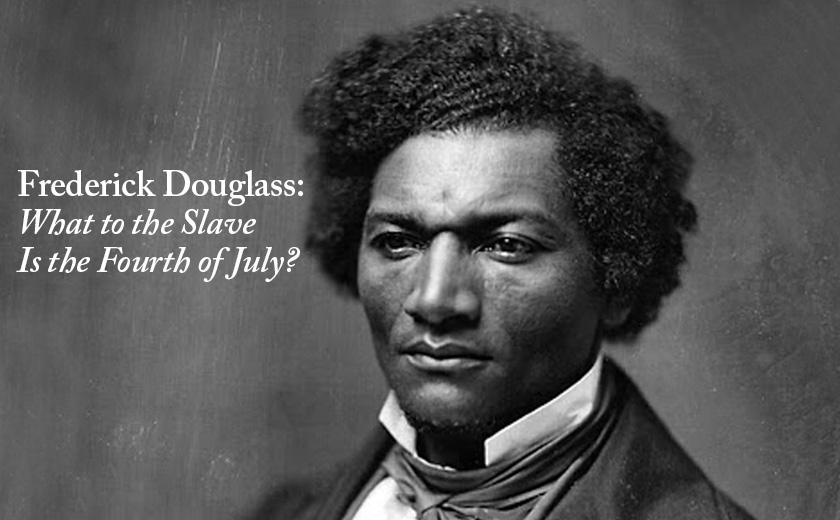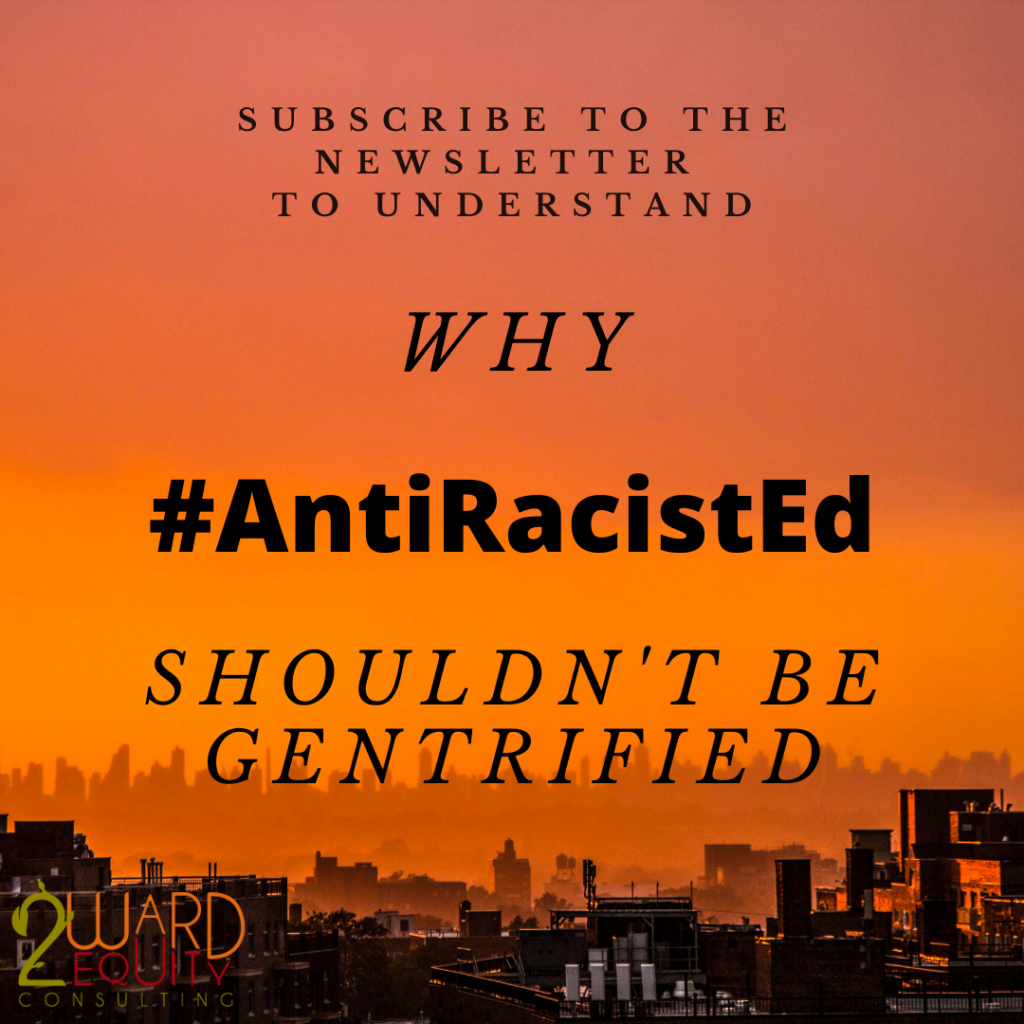2Ward Equity July 4, 2020, Subscriber Newsletter
On this Independence Day where do your interests lie?
Today the United States is celebrating its birth and the Declaration of Independence. During this birth the founders were erasing the people and families indigenous to the nation. The founders were establishing a government that does not quite work for all natural born citizens in the current reality of governance.

Frederick Douglass in 1852 shared thoughts that resonate with descendants of enslaved Africans and indigenous people whose treaties with the United States were ignored as the U.S. formed and borders crossed their lands ripping up their homesteads.
Listen to this NPR video as his descendants read his words and share their thoughts. As you listen ask yourself this question …How are the children?
Derrick Bell termed the critical race tenet of Interest Convergence that helps us articulate what we are observing in white people whose eyes were opened perhaps by the death knee to the neck of George Floyd, or perhaps the numbers of black, brown and indigenous essential workers being disproportionately infected with the deadly virus because they cannot stay home and also provide for their families. Whatever the motivation, those new to #AntiRacistEd and #BlackLivesMatter action are becoming vocal, are listening to their black, brown and indigenous friends and as I reflect and observe a few thoughts come to mind. How will these newfound allies sustain their action? Will white interests align to my need to be seen as a human, to be treated as the equal citizen the constitution says I am to be, will these interests create space for my voice when their voice is the preferred and glorified voice? Will white people gentrify #AntiRacistEd?
In The Color of Law, Richard Rothstein describes the phenomenon of gentrification as a moment in time.
As higher-income whites rediscover the benefits of urban life, demand for housing in many formerly [black] and immigrant neighborhoods is rising. Higher rents and property taxes force lower-income families to leave. Before all leave, gentrification seems to create integrated communities. But this phenomenon is mostly temporary, lasting only until the replacement of lower-income with higher-income families is complete…. Gentrification would be a positive development if it were combined with inclusionary zoning policies to preserve affordable housing in every neighborhood. But such policies are rare or weak. Inclusionary zoning should also be required of presently exclusionary suburbs. Were that to happen, all neighborhoods could make progress toward integration. p. 237
When we take this phenomenon and layer it over the sudden converging of the interests of white people to “do something” about race, racism, institutional racism and the impacts on people of the global majority we wonder if they will stay true to the roots of the struggle, or if it will be whitewashed, coopted and watered down like so many movements before.
2Ward Equity will address this line of thought in a new #AntiRacistEd series. If you are an educator, parent, community member, business leader or shape public policy, join us in unpacking Why #AntiRacistEd Shouldn’t Be Gentrified on Tuesday, July 7, 2020.
The 2Ward Equity Newsletter is only available to subscribers. Complete the form found on this page and invite others to join you who might be interested in this topic.

